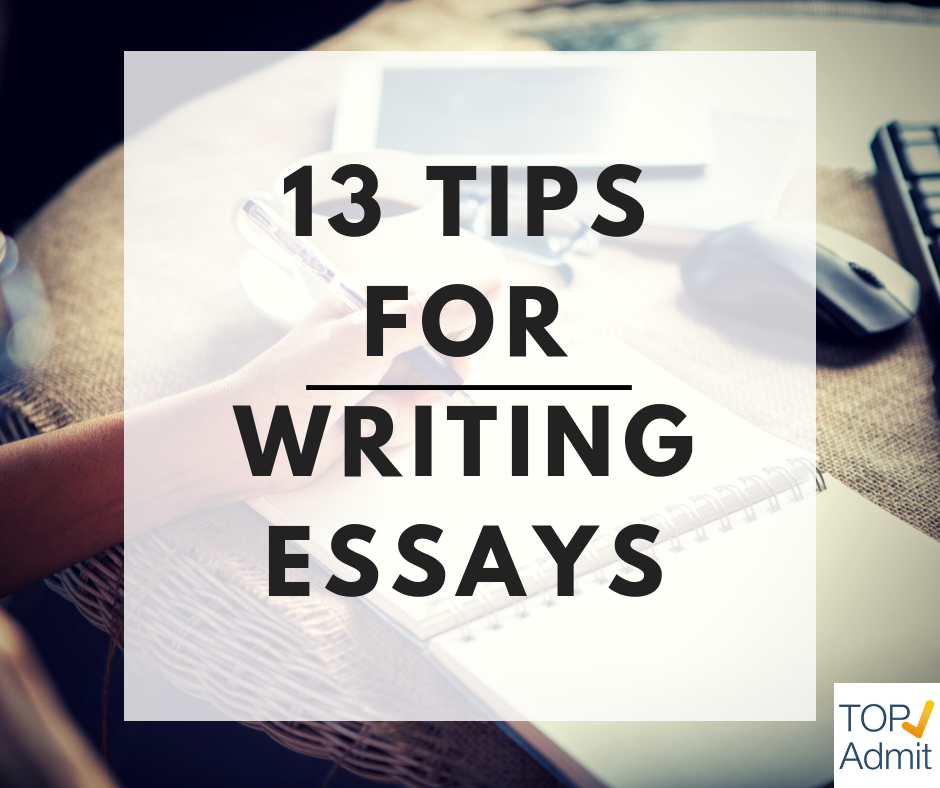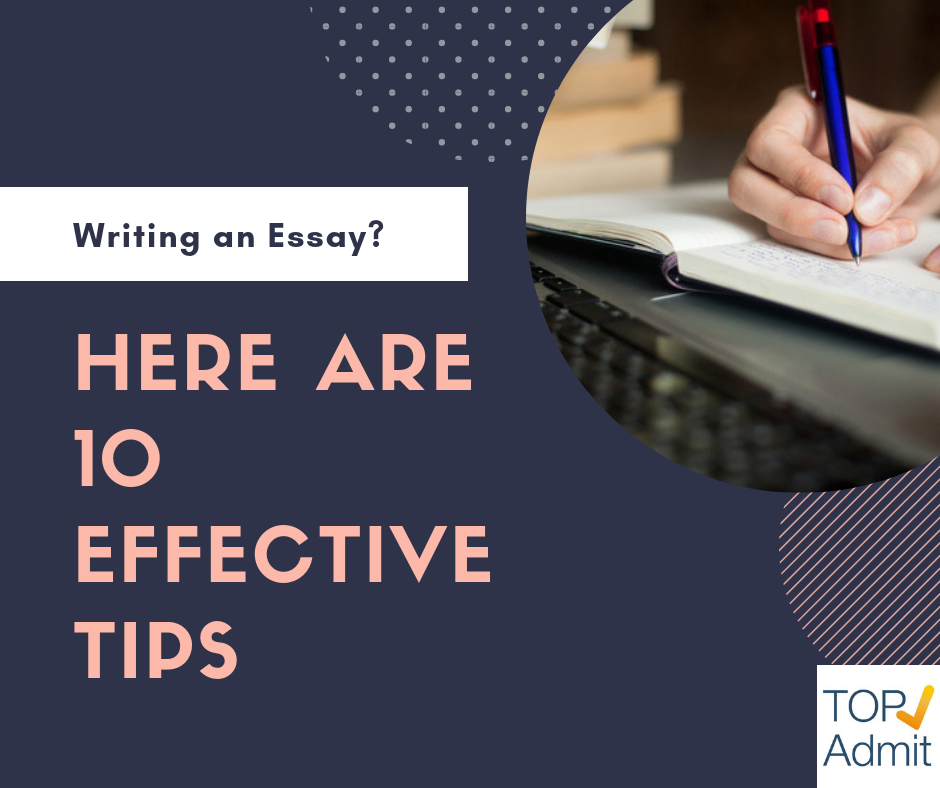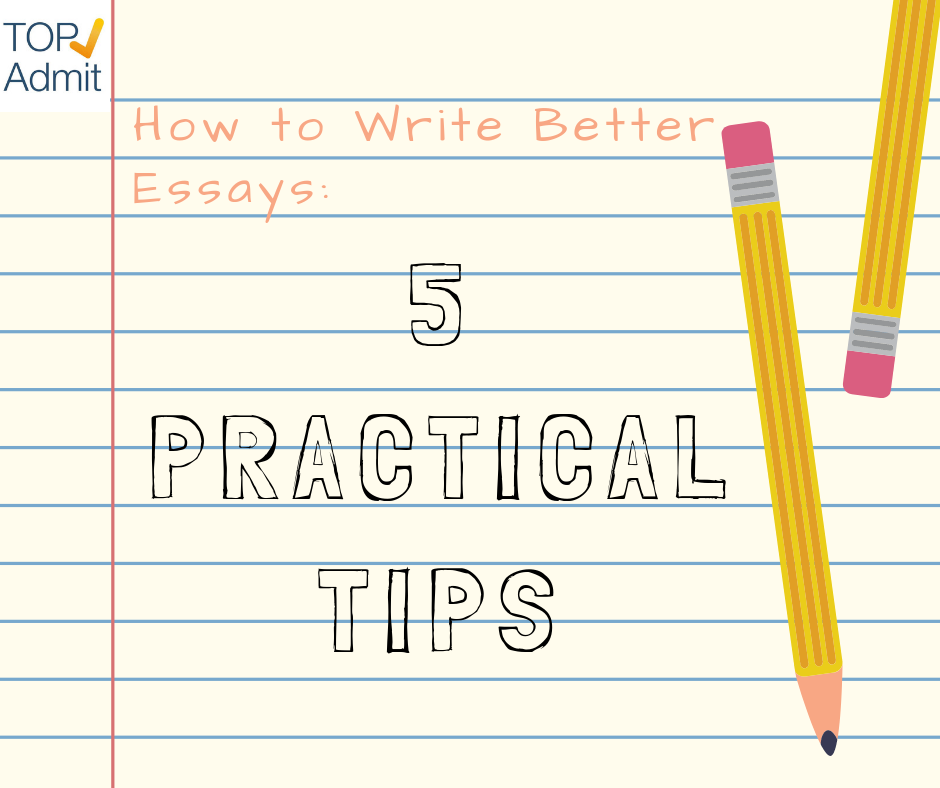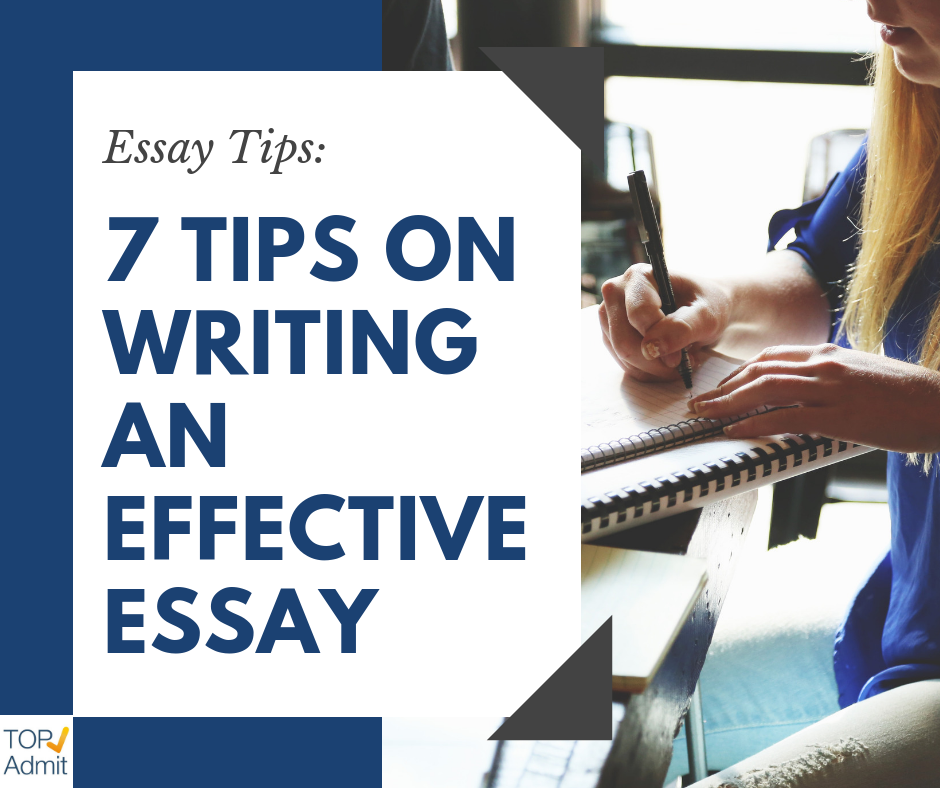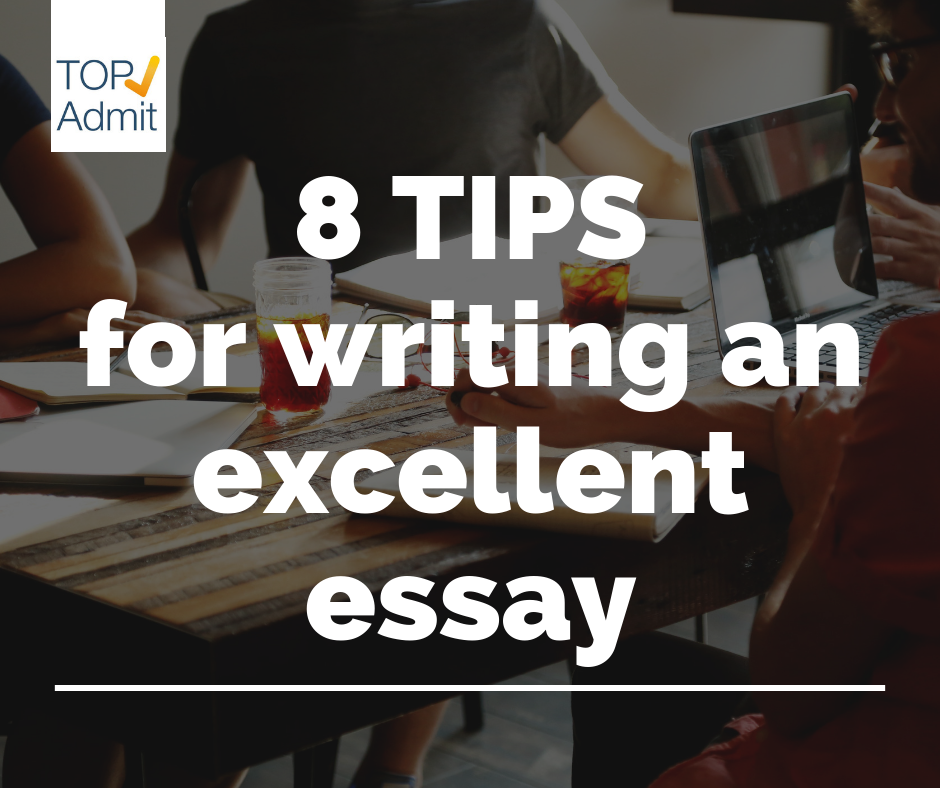
Every challenge is an opportunity to learn.
If writing an essay sounds a little bit scary, just think of it as a chance to improve your writing skills.
Nobody expects your first essay to be perfect. Nor your second, nor your third…
Not even your fiftieth (50th)!
Just make sure you learn something new every time you write an essay, and you will grow your abilities.
Plus, you don’t have to do it alone.
We’re going to help you out with ten tips for writing better essays while you’re learning English.
1. Create a Word Bank
This is an interesting approach to writing your essay. First, choose a topic and write a thesis. A thesis is the main argument of your essay. For instance, if your topic is reading, your thesis might be “Reading makes you smarter.”
Once you have a thesis, think about your main topic and find words that relate to it in different ways. Then, branch out (broaden, diversify) your list to words that aren’t as closely related to your main topic.
For the example above, your primary list might include words like “books,” “reading” and “intelligent.” Your other “branched out” list might include “Harry Potter,” “reading by a fire” or “test scores.”
This process will help expand your vocabulary over time. Using these words when you write will also make your essay more vibrant (energetic, colorful).
2. Act Like a Reporter
When you are first assigned the topic, go ahead and really explore the possible options for your thesis. Ask questions. Get curious. The more questions you ask before you start writing, the more information you will have to use in the essay.
A strong essay is one that covers a lot of content in a succinct (short, to-the-point) way. This process of acting like a reporter will give you valuable quotes, resources and vocabulary to begin the writing process.
For instance, if you’re writing about a new diet plan, you might ask questions like, “Who is the best candidate for this diet plan?,” “How can someone get started?” and “What is the hardest part of this plan?”
3. Create Topic Sentences
A topic sentence is the first sentence in a paragraph, and it summarizes the rest of the paragraph. You can create them first to help you stay on track when writing your essay.
For the thesis “Reading makes you smarter,” one paragraph’s topic sentence might be, “Newspapers make you more aware of current events.” Another paragraph’s topic sentence could be, “Reading plays and classic literature will make you more cultured.”
If you’re writing about the three main issues facing writers today, you could write three full sentences that each address one main issue. Set these aside. Then, when you start writing the essay, refer to your topic sentences to create a solid structure that begins at point A and ends at point C.
4. Argue Both Sides
If you have to write a longer or more complex essay, it might help to outline both sides of the argument before you start writing. When you write the essay, you will need to choose one side to focus on. But as you prepare, having a side-by-side list of points can be helpful in developing your thesis.
Also, by arguing for the opposite side of your opinion, you will learn which points you need to better address in your essay. You will learn more about the topic, and you will gain more vocabulary words to enrich the essay.
As an example, you might be writing an essay arguing that people should drink less coffee. To argue both sides, you’ll need to consider the opposite side: the benefits of coffee. How will people quit if they are addicted? What about the antioxidants in coffee? Aren’t those good for you? Really explore the entire concept (both sides of the argument) before you write.
5. Read Backwards
Proper grammar is difficult for even the most fluent English speakers. Because you are learning English, you actually have an advantage. Many native speakers learned improper grammar from the start. It’s difficult to undo the damage caused by a lifetime of writing improperly.
As you learn the English language, make a serious effort to practice your grammar and sentence structure. One way to spot improper grammar in your own writing is to read each sentence backwards (start with the last word and end with the first). This way, you won’t be fooled by how the words sound when you read them in your head.
Is everything in the correct tense (past, present, future, etc.)? If you’re writing about plurals, are the possessive nouns plural? Are the apostrophes in the right places? Does every sentence end with a punctuation mark (period, question mark, exclamation point)? Reading the text backwards make you focus on the rules of grammar instead of the flow of the sentence.
6. Use an Online Thesaurus and a Dictionary
You might have learned a large number of fancy words when studying for an entrance exam. But before you start using them in academic essays, be very sure you know what they mean in the context of your essay. This is where the dictionary can come in handy.
A thesaurus is another valuable tool when writing an essay. A thesaurus tells you synonyms, or words that have the same or a similar meaning to the word you look up. It’s important because it can add some volume to your essay and increase the impact of your words.
For example, if you’re writing about cooking, the words “stir” and “add” might come up a lot. This repetition is boring for a reader.
So instead of constantly saying, “Add the tomato” and “add the eggs,” a thesaurus will teach you to say things like “whisk in the eggs” or “gently fold in the tomatoes.” See? It sounds a lot better and adds interest to your essay.
Visual Thesaurus is a resource that works just like a regular thesaurus, but it also shows you the connections between the words. For example, if you type in the word “stir,” you’ll immediately see a whole circle of other words connected to “stir” with lines. From there, you can click on any of the words in the circle (like “move,” in this case) and then see all the words related to that word. This helps you find and learn new words quickly, and it’s also fun!
7. Combine and Separate Sentences
Once the essay is written, go back through the writing to find any sentences that seem too long or wordy. Break these into two or more sentences.
For example, the following sentence is too long, which makes it unclear:
If you want to write in another language, you need to practice writing in creative ways, like writing on a blog, writing fun poems or texting a friend who speaks the language you’re learning every day.
Instead, you could write it as two clearer sentences (with less repetition of the word “writing”):
If you want to write in another language, you need to practice in creative ways every day. For example, you could start a blog, create fun poems or text a friend.
Do the opposite with sentences you find too short.
Also, look for sentences that are very closely related to one another. If two sentences seem like the thoughts are connected, you can combine them with a semicolon ( ; ).
For example, the following sentences are very closely related:
Learning to write in another language can be really difficult, especially when you’re first getting started. That’s why it helps to practice every day.
That’s why you could write it this way:
Learning to write in another language can be really difficult, especially when you’re first getting started; daily practice is helpful.
8. Have a Native English Speaker Edit Your Essay
Meet up with a friend who is fluent in English (or, at least, more fluent than you). This friend can edit your essay and point out any repetitive errors.
If they find mistakes that you make often, you will be able to watch more closely for that error as you write future essays. This friend will also be able to point out grammatical or spelling errors that you might have missed.
If you don’t have any friends who are fluent in English, you can use lang-8.com. Lang-8 is a free site where native English speakers will correct your writing. In exchange, you correct the writing of someone learning your native language.
9. Review the Whole Essay with Your Friend, Then Rewrite It
Once you and your friend have both reviewed your essay and marked any mistakes, rewrite the whole thing. This step is important. Just noting that you made some mistakes will not help you learn how to avoid them in the future.
By rewriting the essay with the corrections in mind, you will teach yourself how to write those sections properly. You will create a memory of using proper grammar or spelling a word correctly. So, you will be more likely to write it correctly next time.
10. Use Online Apps
Lastly, there are some fantastic online resources that can help improve your writing. For instance, Hemingway Editor can review your document to find any confusing or wordy sentences. You can rewrite these to make them easier to understand.
You could also head over to Essay Punch to find resources, tools and support that can help improve your writing skills. Grammar Book is a great resource for practicing proper grammar and spelling.
The advice in this post is mainly for improving your essay writing over time. However, if you want a more professional opinion for an important essay, you can also use Essay Edge. Essay Edge is an online essay editing resource that helps with academic and admissions essays. If you’re applying to a school or are writing an important paper, you may want to consider their services to make sure your essay is the best it can be.
Learning a new language is certainly an ambitious (challenging) task. There are so many small details to learn, and the process takes a lot of time and commitment. But with practice and study, you will improve.
It takes even more effort to become a strong writer in a new language, but these tips will help you get started.
Hopefully, you were able to find one or two tips that you believe will help you improve your essay writing abilities. Over time, try to use all of these strategies (or at least more than one) in your writing routine. Good luck!
Source: https://www.fluentu.com/blog/english/english-essay-tips/


